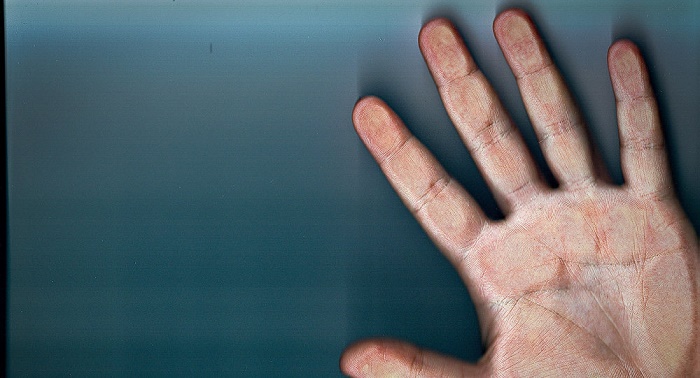The case of the fingerprint comes on the footsteps of the biggest public battle between tech giant Apple and the US Justice System who eventually withdrew its order for Apple to develop software capable of breaking its own security settings to unlock the iPhone belonging to the San Bernardino killer, Syed Farook.
However, this latest case involving the girlfriend of an alleged gangster adds another dimension to the legal debate surrounding personal data held on smartphones and tablets and who should be able to access it.
Historical precedent in the US considers fingerprints as physical evidence like blood or hair which suspects can be obliged to provide. However, there is a gray area when a fingerprint isn`t a piece of evidence — but a way to unlock data on a suspect`s device — in that they may become a form of testimony.
According to the US constitution`s Fifth Amendment, suspects cannot be obliged to provide incriminating testimony against themselves.
More about:















































